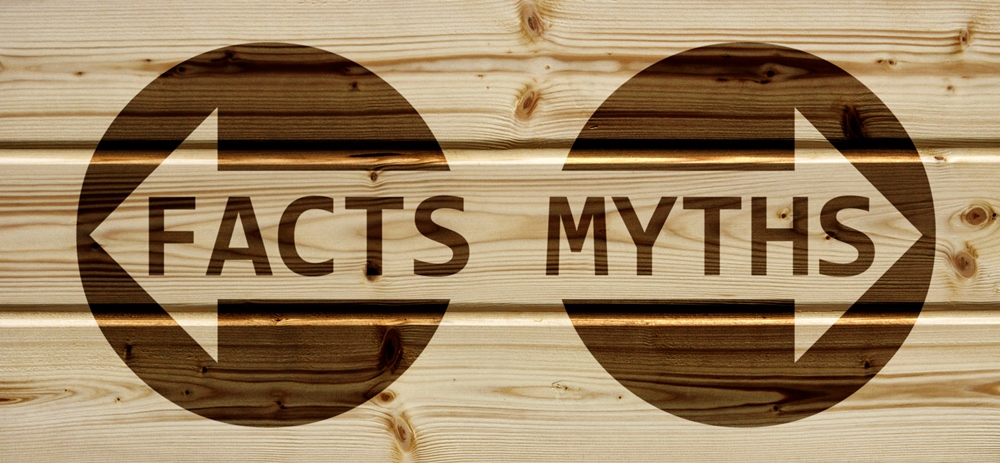
In the complex world of personal injury law, misinformation runs rampant, leaving countless individuals confused and unsure of their rights. This is especially true in the great state of Georgia, where misconceptions about personal injury cases can lead to disastrous consequences for unsuspecting victims. In an effort to dispel these myths and bring clarity to those seeking justice, we’ve decided to tackle the top three myths surrounding personal injury cases in Georgia head-on. By debunking these common misconceptions, we aim to educate and empower our readers, ensuring they are well-equipped to navigate the often murky waters of personal injury law with confidence and conviction. So, without further ado, let’s dive into the top three myths of personal injury cases in Georgia and unravel the truth behind each one.
You might think you can handle your personal injury claim on your own. After all, it’s just paperwork and filing out forms. But there are many reasons why hiring an attorney is important:
In Georgia, comparative negligence is the rule that says you can be partially at fault for an accident and still receive compensation for your injuries. If you’re found to be more than 50% responsible for your own injuries, then your claim will be reduced by that percentage. For example, if the jury finds that you were 40% responsible for causing your own car accident (i.e., it was 60% someone else’s fault), then they’ll reduce their award by 40%. So even though this sounds like bad news at first glance–you might think “I was only partially at fault! Why should I have to pay?”–it actually makes sense when we consider how difficult it would be otherwise for injured people who did nothing wrong except get hurt through no fault of their own.
Comparative negligence does not apply when there are multiple defendants involved in an accident case; instead we use apportionment of fault under OCGA 51-12-33. Apportionment allows each defendant’s liability percentage share based upon their level of involvement compared with all others involved in contributing toward causing injury or death duelling with another person (or persons) during combat sports activities such as boxing matches held within Georgia’s borders.”
The third myth is that you have to wait until your injuries are fully healed before filing a claim. This is not true. You can file a personal injury claim in Georgia at any time after an accident, even if you are still experiencing symptoms and your medical bills are piling up. The statute of limitations for personal injury claims in Georgia is two years from the date of injury or death, so there’s no reason why you should wait until all of your physical problems have resolved before seeking compensation from the responsible party.
The potential risks associated with waiting include:
Armed with the knowledge to debunk these personal injury case myths, it’s crucial to seek the guidance of experienced legal professionals in Georgia. At Cohen & Sinowski, Scott S. Cohen and Thomas C. Sinowski, II, are dedicated to helping you navigate the complexities of personal injury law. Located at 30 Trammell St. SW, Marietta, GA, they offer a free consultation and a no-fee-unless-we-win guarantee. If you’re ready to learn more about how Tommy, Scott, and their team can assist you in recovering the compensation you deserve, don’t hesitate to call them at 404-351-8888 or email Thomas at info@candspc.com